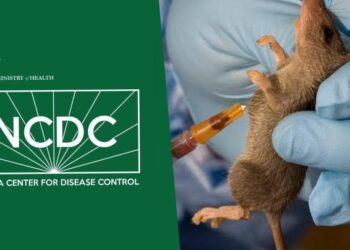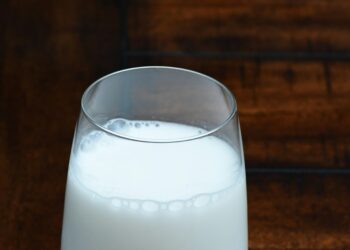Fetal Alcohol Syndrome (FAS) is one of the health conditions that affects many children around the world. According to Nature, “the estimated global prevalence of FASD among the general population is 7.7 cases per 1,000 individuals”. This condition arises when a mother consumes alcohol during pregnancy. FAS doesn’t only affect how the baby looks physically, but can also affect their ability to learn and behave normally.

What is Fetal Alcohol Syndrome (FAS)?
Fetal Alcohol Syndrome is a condition that happens when a baby is exposed to alcohol while still in the womb. This doesn’t only lead to the most obvious problem which is physical appearance, but can also lead to learning and behavioral issues. FAS also belongs to a broader group of health conditions called the FASDs, short for Fetal Alcohol Syndrome Disorders, which basically dwells on exposure to alcohol before birth.
What are the Effects of Fetal Alcohol Syndrome on the Child?
There are different ways in which this syndrome can affect a child.
Facial Features
- Small head size
- Smooth philtrum (the area between the nose and upper lip)
- Thin upper lip
- Small eyes and flattened cheeks
Growth Deficiencies
- Low birth weight
- Short stature and smaller size compared to other babies
- Poor weight gain and growth after birth
Central Nervous System Issues
- Having problems thinking properly
- Difficulty in learning
- Poor memory and attention
- Lack of coordination and motor skill
- Hyperactivity and impulsiveness
- Trouble with social interactions and forming relationships
Organ Defects
- Holes in the heart or other birth heart problems
- Malformed or poorly functioning kidneys
- Liver damage
Physical Abnormalities
- Deformed limbs and joints
- Vision or hearing problems
- Issues with bones and joints
Causes of Fetal Alcohol Syndrome
Alcohol Consumption During Pregnancy: This syndrome happens mostly because of alcohol consumption during pregnancy. When a mother drinks alcohol, it goes straight to the baby through the placenta. At the early developmental stage of the fetus, the baby’s liver isn’t fully developed. The baby’s liver cannot handle alcohol like an adult’s liver can. This affects the baby’s development either physically or mentally, and in some cases, both.
Factors Influencing Susceptibility: Fetal alcohol syndrome is most likely to happen when a pregnant woman drinks alcohol, however, not all babies exposed to alcohol during pregnancy end up with FAS. How is this possible you may wonder?
That’s because there are certain factors that make a baby more or less likely to develop this syndrome. It could be the mother’s age, the overall health of the mother, and whether or not she smokes or takes drugs. For example, if the mother has an issue with her health, like a liver problem, there’s a chance that her baby may be affected by fetal alcohol syndrome.
Dose-Response Relationship: This cause is pretty straightforward to analyze. The more alcohol a pregnant woman drinks, the higher the risk of FAS for her baby. Small amounts of alcohol can be harmful, imagine what a lot could do.
There’s no known safe amount of alcohol to drink during pregnancy per se, so it’s best you avoid alcohol until after your pregnancy.
Timing of Alcohol Exposure: The timing of when a pregnant woman drinks alcohol really matters. The first trimester is an especially dangerous moment to drink alcohol, because the baby’s organs are still forming. But drinking in general during pregnancy can be harmful because the baby keeps developing throughout.
Genetic Predisposition: This is an important factor that influences how a baby reacts to alcohol exposure in the womb. Research shows how a mother’s and baby’s genes relating to how the body processes alcohol can affect the likelihood of developing fetal alcohol syndrome. In a study by UW Medicine Newsroom it focused on showing how a baby’s genetic makeup could determine how severe the syndrome would be. In the study, identical twins were exposed to the same amount of alcohol but had different outcomes.
Bottom Line
Fetal Alcohol Syndrome (FAS) happens when a mom drinks alcohol during pregnancy, and it affects about 7.7 out of every 1,000 kids globally. It doesn’t just change how a baby looks but also impacts their growth, learning, and behavior. How severe the effects are can depend on how much and when alcohol is consumed, and even on genetic factors. However, to avoid these problems it’s best to skip alcohol entirely while pregnant.

















